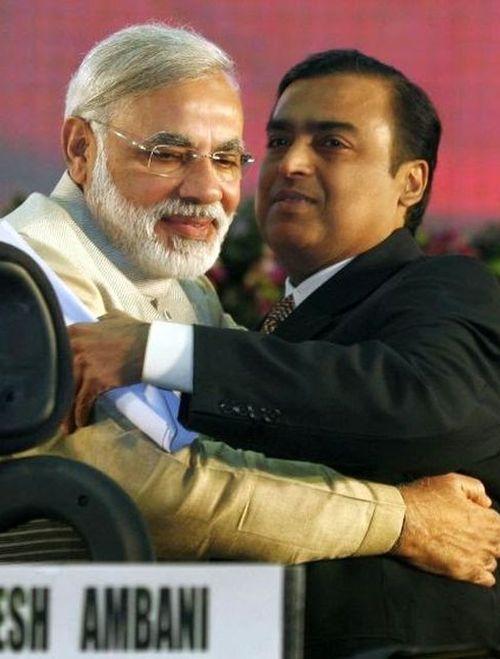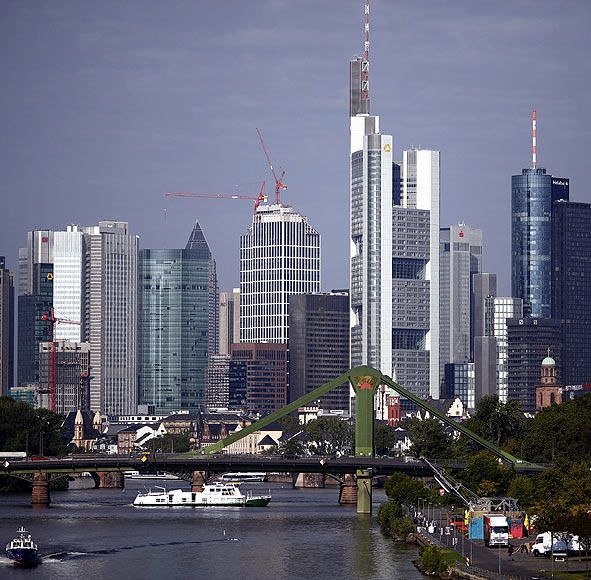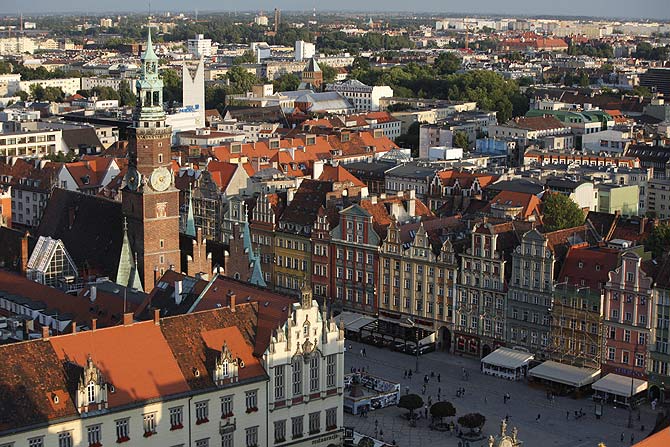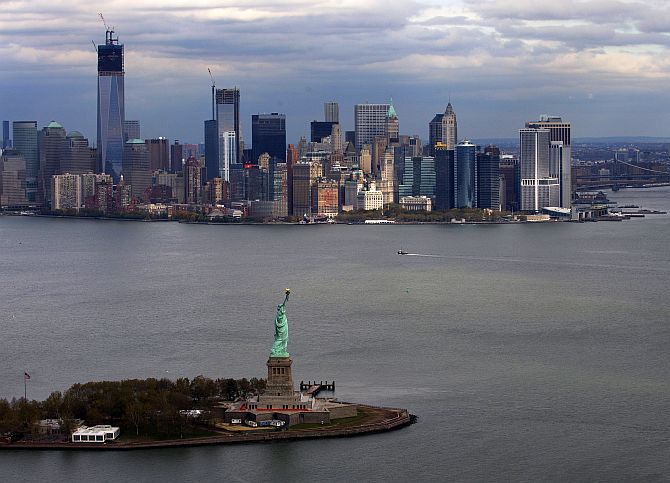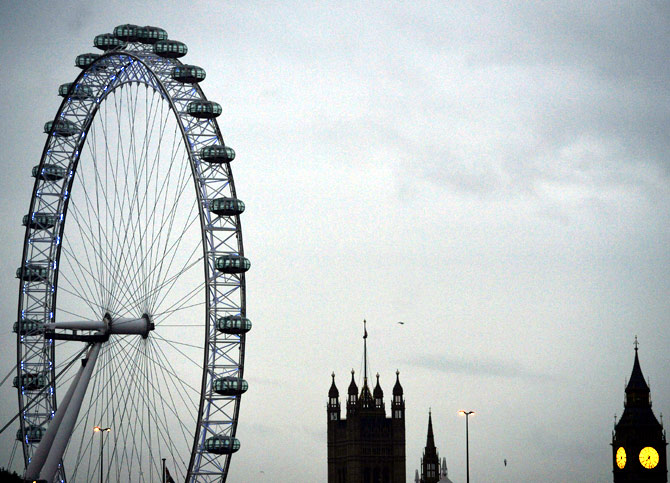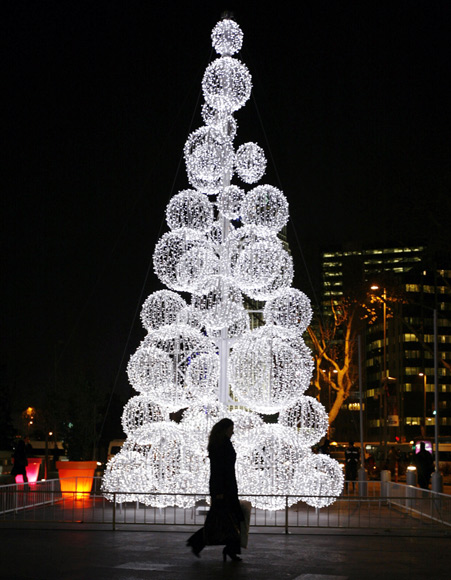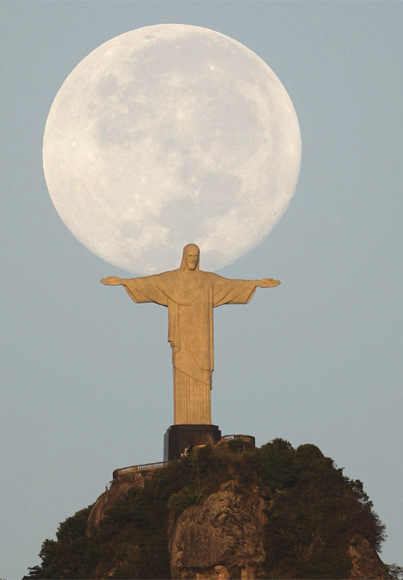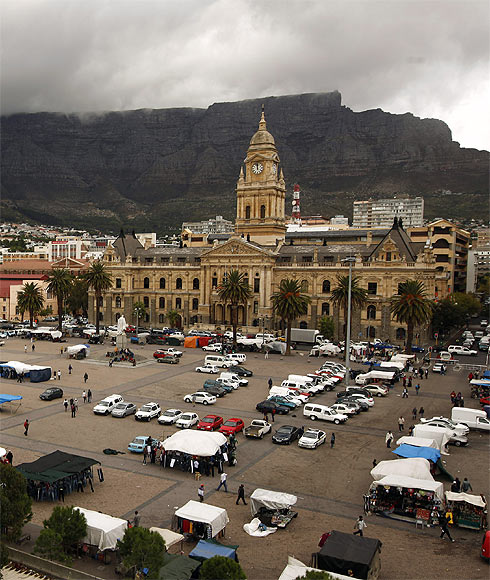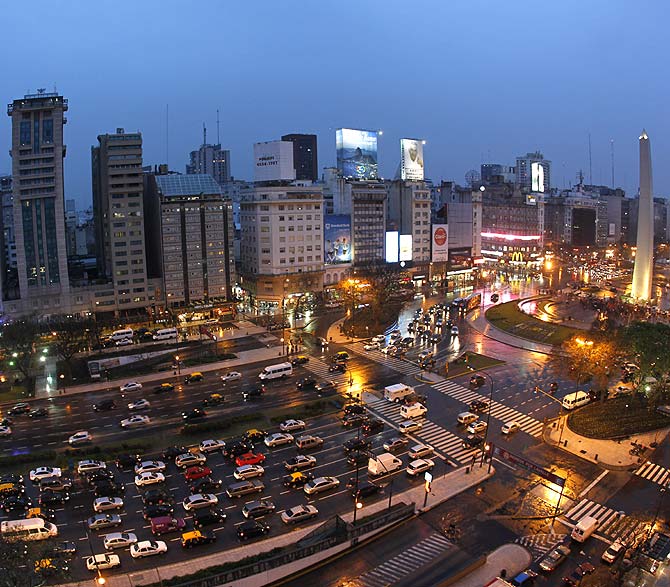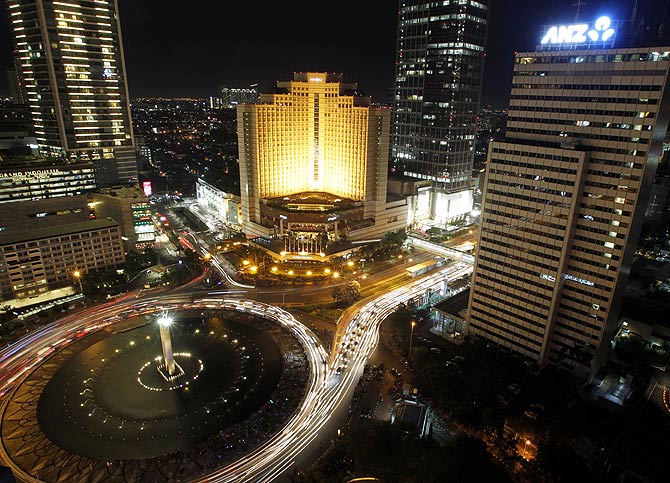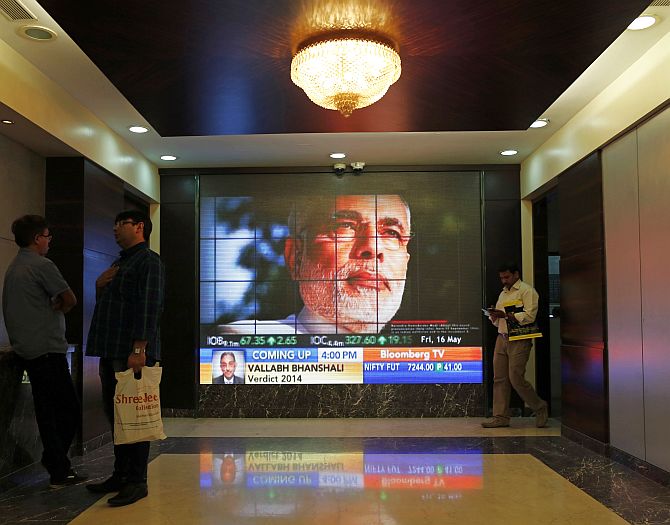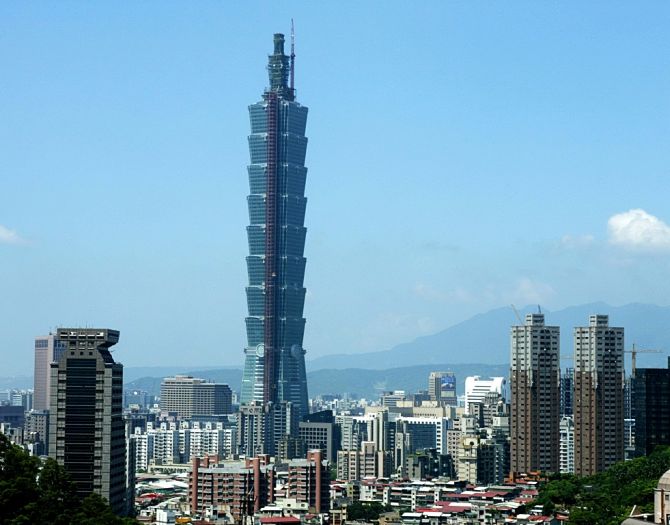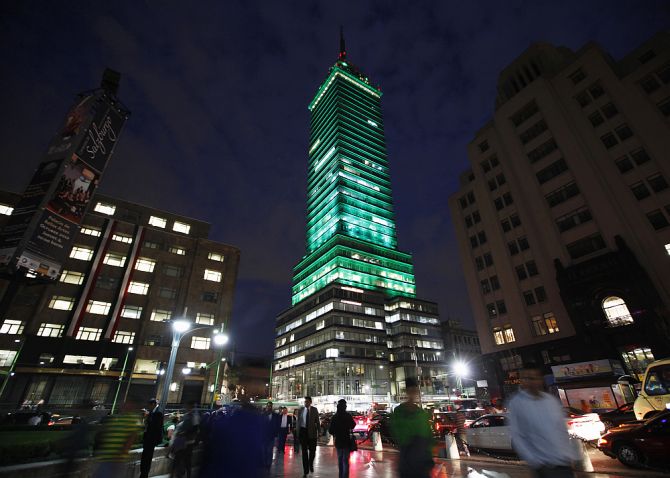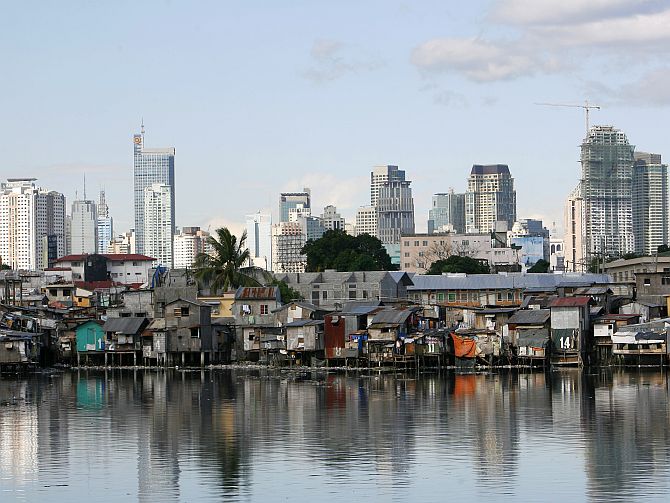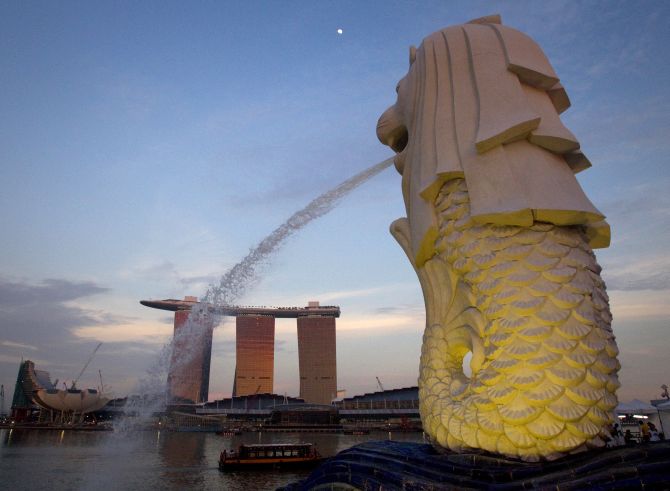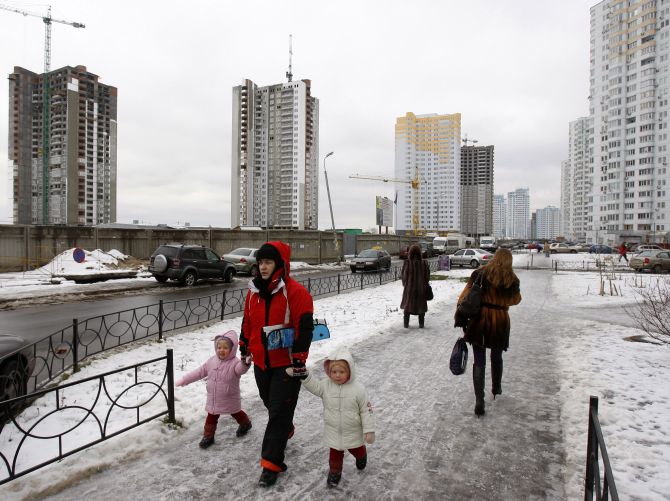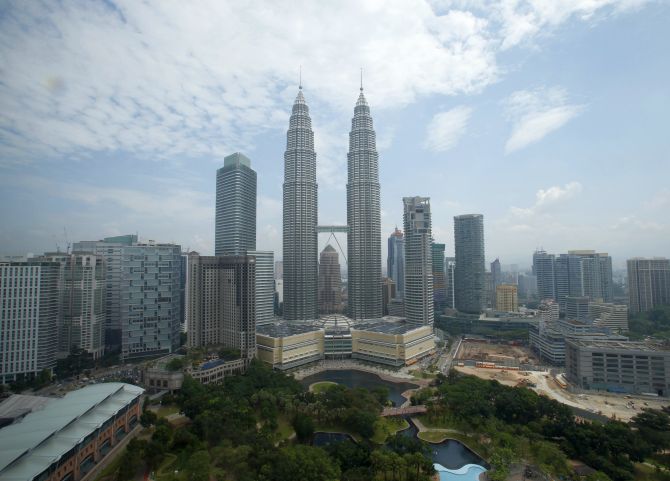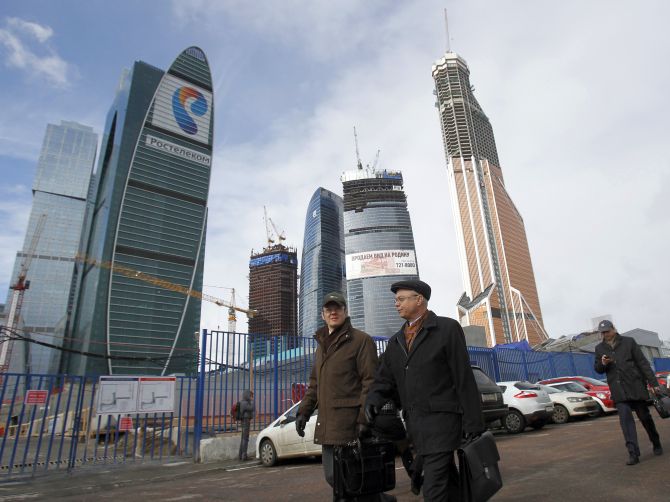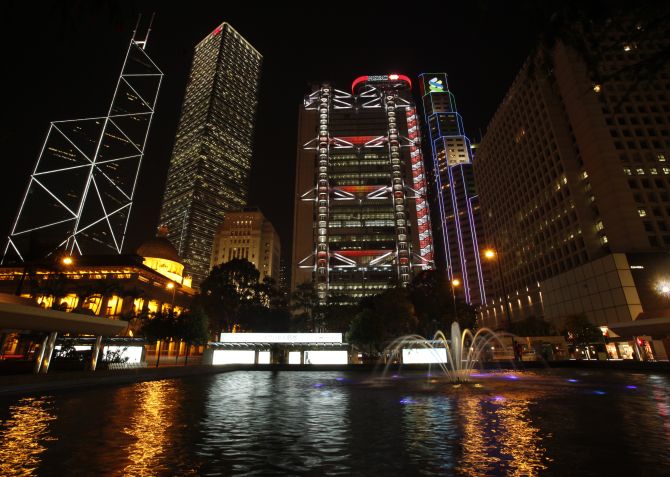 | « Back to article | Print this article |
Countries where politically connected businessmen prosper
On the election result day - May 16 - as BJP gained so did the stock price of Mukesh Ambani and Gautam Adani-led companies.
According to a report in Mint ‘Mukesh Ambani, India’s richest man, added almost $1 billion to his wealth while Gautam Adani gained $600 million as early vote counting showed Narendra Modi’s opposition bloc may form a majority in parliament.’
Stock market punters probably felt that these companies may grow better due to their promoters’ proximity to Narendra Modi.
Indian is not a lone case where businessmen thrive due to their political connections. This is a global phenomenon and exists even in developed economies such as US and UK.
To find out countries where businesses can benefit from political connections, Economist magazine came up with a Crony-Capitalism Index. This index ranks countries where politically connected businessmen are most likely to prosper.
The magazine states that India has actually improved over the past few years. “Recent graft scandals and a slowing economy have hurt many of its financially leveraged and politically connected businessmen, while those active in technology, pharmaceuticals and consumer goods have prospered,” states the magazine.
Let’s take a look at such countries where businesses benefit most from crony capitalism.
Click NEXT to read more…
Countries where politically connected businessmen prosper
Germany
Rank: 23
Chances of getting benefits from politicians are really less in Germany. Big businesses in the country are driven on brand building and professionalism.
Click NEXT to read more…
Countries where politically connected businessmen prosper
South Korea
Rank: 22
The country fares better because the Economist considers South Korean companies to be more globalised; they ‘sell cars and electronics to the world’. The magazine at the same time mentions that there is a history of big corporates bribing politicians at home.
Click NEXT to read more…
Countries where politically connected businessmen prosper
Japan
Rank: 21
Just like South Korea, Japan’s big corporates sell cars and electronics globally. The businesses are generally more independent of political parties in Japan.
Click NEXT to read more…
Countries where politically connected businessmen prosper
France
Rank: 20
France’s big business functions more like Germany’s. Biggest businesses in the country are into retailing and high-end luxury products that do not require dependence on the government.
Click NEXT to read more…
Countries where politically connected businessmen prosper
China
Rank: 19
China appearing among bottom few countries may not sound convincing. And that’s why the Economist probably explains that though China has a ‘reputation for graft’, the reason for it scoring well is because most of the assets are owned by the government rather than private companies.
Also, China has seen billionaires that have created wealth from new-generation industries such as technology – for example, Jack Ma of Alibaba.
China has been rocked with issues of graft wherein politicians were found to own assets through their friends and families. But such data is not public.
Click NEXT to read more…
Countries where politically connected businessmen prosper
Poland
Rank: 18
Poland’s economy was more like Russia’s where state controls most businesses and assets. The country started liberalisation process in 1990s.
The economy has moved towards a market-oriented system. However, most of the large industries, such as mining, rail, sand steel, are still government owned reducing chances of graft.
Click NEXT to read more…
Countries where politically connected businessmen prosper
United States
Rank: 17
To cut down on politician-business nexus, United State lets corporations 'lobby' for new change that businesses want or new rules they seek.
Lobbying happens at every level of government, including federal, state, county, municipal, and even local governments.
The mechanism is a highly controversial phenomenon, often seen in a negative light by journalists and the American public.
Click NEXT to read more…
Countries where politically connected businessmen prosper
Thailand
Rank: 16
According to the Economist index, the crony capitalism is on a rise in the country. In 2007, the company was ranked 23rd.
Thailand is a newly industrialised country. Its economy is heavily export-dependent, with exports accounting for more than two-thirds of its gross domestic product (GDP), according to Wikipedia.
Tourism remains one of the biggest contributors to the economy, about 7 per cent, however service sector has been growing consistently and now contributes over 40 per cent to the country’s gross domestic product.
Click NEXT to read more…
Countries where politically connected businessmen prosper
Untied Kingdom
Rank: 15
The politics-business nexus has remained more of less stable in the UK. The country, however, has been rocked by its share of controversies.
In 2013, for example, Guardian reported that gas industry employee seconded draft of UK's energy policy.
The same paper also reported that a government minister, Nick Boles, privately assured the gambling company Ladbrokes that his new law prevent local authorities to stop the spread of betting shops.
Click NEXT to read more…
Countries where politically connected businessmen prosper
Turkey
Rank: 14
With growing privatisation in the country, Turkey has been breaking away from the crony capitalism thanks to the country's financial turmoil. Previously, it ranked eight in the Economist’s index.
Turkey is among the world's leading producers of agricultural products, textiles, ships and other transportation equipment. In recent years, Turkey had a rapidly growing private sector, yet the state still plays a major role in industry, banking, transport, and communications, according to Wikipedia.
Click NEXT to read more…
Countries where politically connected businessmen prosper
Brazil
Rank: 13
Brazil has the seventh largest economy by purchasing power parity and also by the nominal GDP. It’s economy is the largest of the Latin American nations and the second largest in the western hemisphere, according to Wold Bank.
Over 36 Brazilian companies are part of Forbes Global 2000 list - some them include Petrobras (oil and gas), Vale (mining), and Ambev (banking).
Click NEXT to read more…
Countries where politically connected businessmen prosper
South Africa
Rank: 12
Gold and diamond mining have been the main driving force behind the economy and development of South Africa.
It is one of the world's leading mining and mineral-processing countries.
The unemployment rate in South Africa, however, is very high, at more than 25 per cent, and the economy is also grappling with high poverty.
Click NEXT to read more…
Countries where politically connected businessmen prosper
Argentina
Rank: 11
Argentina is Latin America’s third largest economy. The country is rich in natural resources and has an export-oriented agriculture sector and diversified industrial base.
The political-business nexus is high as private enterprises rely on government for allocation of the natural resources.
Click NEXT to read more…
Countries where politically connected businessmen prosper
Indonesia
Rank: 10
The country has seen a rise in political-business nexus. Indonesia’s rank went up from 18 in 2007 to the current 10th.
The country’s economy can be defined as market-driven. The government, however, still plays a significant role through ownership of state-owned enterprises (the central government owns 141 enterprises) and the administration of prices of a range of basic goods including fuel, rice, and electricity.
Click NEXT to read more…
Countries where politically connected businessmen prosper
India
Rank: 9
According to Economist magazine, India’s rank has improved over years. “Recent graft scandals and a slowing economy have hurt many of its financially leveraged and politically connected businessmen," says Economist. The country has, however, seen sectors such as technology, pharmaceuticals and consumer goods thrive.
Click NEXT to read more…
Countries where politically connected businessmen prosper
Taiwan
Rank: 8
Keeping up with the trend of worsening nexus between politicians and businesspersons; Taiwan has climbed two spots in the past several years. The country was ranked 10th in 2007.
Taiwan has a developed capitalist economy where most large government-owned banks and industrial firms have been privatised.
Click NEXT to read more…
Countries where politically connected businessmen prosper
Mexico
Rank: 7
Mexico’s is high up on the list because of one single billionaire - Carlos Slim. He controls the biggest firms in Mexico that are into fixed-line and mobile telephony, according to Economist.
Click NEXT to read more…
Countries where politically connected businessmen prosper
Philippines
Rank: 6
Philippines saw its scores rise because of the businessmen in real estate and natural resources have gained in the past years. In 2007, the country was ranked 9th.
Click NEXT to read more…
Countries where politically connected businessmen prosper
Singapore
Rank: 5
Singapore ranks high due to scarcity of land in the country, which is boosting real estate valuations. This has helped the billionaires to make fortunes in property deals.
Click NEXT to read more…
Countries where politically connected businessmen prosper
Ukraine
Rank: 4
The Ukraine consists of business oligarchs just like Russia; many of them embroiled in scandals. There have been scandals involving selling of government assets at significantly lower prices.
Click NEXT to read more…
Countries where politically connected businessmen prosper
Malaysia
Rank: 3
Business executives surveyed in the World Economic Forum's Global Competitiveness Report 2013-2014 reveal that unethical behaviours of companies constitute a disadvantage for doing business in Malaysia.
According to Wikipedia, Government contracts are sometimes awarded to well-connected companies, and the policies of awarding huge infrastructure projects to selected Bumiputera companies without open tender continue to exist.
Click NEXT to read more…
Countries where politically connected businessmen prosper
Russia
Rank: 2
Had there been no land scarcity in Hong Kong, Russia would have top the list of the. In fact, international newspapers are full of reports pointing out that corruption in business and even in daily lives of citizens is the only problem preventing the country from becoming an economic power house.
“The transition from communism saw political insiders grab natural resources in the 1990s, and its oligarchs became richer still as commodity prices soared,” says Economist.
Click NEXT to read more…
Countries where politically connected businessmen prosper
Hong Kong
Rank: 1
Hong Kong is packed with billionaires in crony industries. It faces the same problem as Singapore - scarcity of land that is leading to wider politician-businessperson nexus.
According to Economist, the country has been ‘lax on antitrust’.
